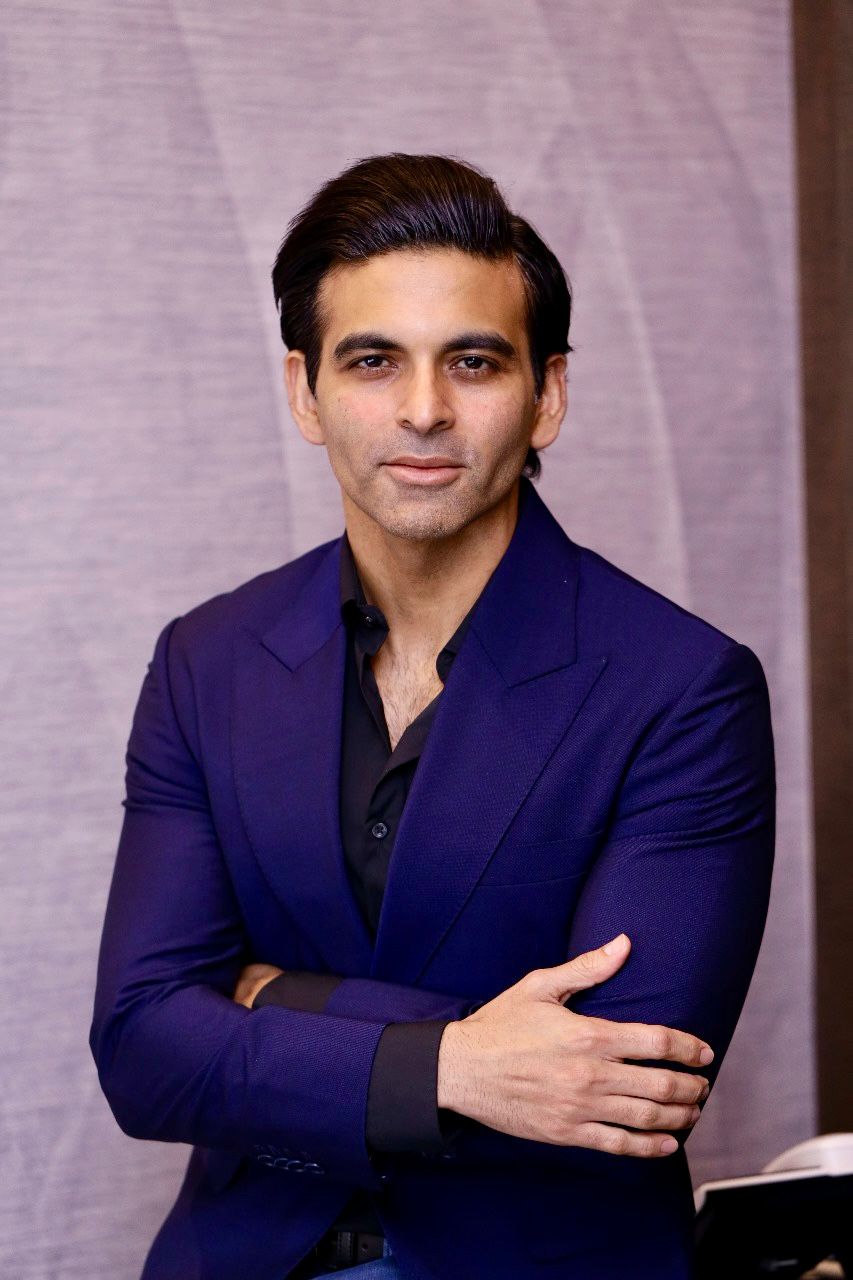

We recently had the chance to connect with Nilesh Chhabria and have shared our conversation below.
Good morning Nilesh, it’s such a great way to kick off the day – I think our readers will love hearing your stories, experiences and about how you think about life and work. Let’s jump right in? What do the first 90 minutes of your day look like?
“I’m an early morning person, so my day begins at 5:30 am. The first few moments are about gratitude — a pause to reflect on the life I have and the journey ahead. From there, my role as a global operations leader naturally pulls me toward my phone, where I respond to critical emails and messages across time zones. While many recommend staying away from devices early in the day, my work profile is different, and I see this time as an opportunity to stay ahead and connected.
I use these 90 minutes not just for work, but also for upgrading myself. I listen to international news, global podcasts, and motivational conversations with industry stalwarts, which broadens my perspective and sharpens my thinking. I also dedicate time to reading about new skills I need to refine, so I stay agile in a world that is constantly changing.
This is the one window of the day where it’s just me — before the family wakes up — giving me space to lead myself with intention before leading others. For me, the first 90 minutes are about gratitude, growth, and gearing up to make the rest of the day count.
Can you briefly introduce yourself and share what makes you or your brand unique?
With over 15 years of leadership in the diamond and luxury jewellery industry, I specialize in transforming vision into strategy—and strategy into scalable global success. As Chief Operating Officer at Finestar Diamonds & Jewellery, I lead global operations with a sharp focus on innovation, operational excellence, and digital transformation, grounded in our core values: Provenance, Traceability, Transparency, Technology, Sustainability & People.
A strong believer in the power of AI, automation, and blockchain, I’ve driven Finestar’s evolution into a tech-enabled, data-first enterprise. Our digital-first e-commerce strategy has enabled us to enter new markets, enhance global client engagement, and deliver measurable business impact across the luxury landscape. I proudly manage a highly motivated sales and operations team, while nurturing strong, trust-driven relationships with clients across the globe.
Earlier in my career, I played a pivotal role in setting up a state-of-the-art diamond jewellery manufacturing unit, leading a successful business turnaround that tripled both revenue and profitability. My core strength lies in building cross-functional, high-performing teams, mentoring leaders in business development, and forging global partnerships that create long-term value.
I work closely with stakeholders across the luxury supply chain—from upstream miners to renowned international retailers—and remain deeply committed to ethical sourcing, responsible manufacturing, and embedding sustainability at the heart of every business decision.
Before entering the diamond industry, I began my career post-MBA as a digital strategist at a leading media agency. That early experience in mobile and online advertising, app development, e-commerce solutions, media planning, and digital marketing innovation continues to power Finestar’s digital acceleration and high-ROI brand ecosystems
Thanks for sharing that. Would love to go back in time and hear about how your past might have impacted who you are today. Who were you before the world told you who you had to be?
Before titles, expectations, or the “correct path,” I was a restless spirit. I harbored curiosity about stories, impact, identity, and possibility. I was the person who wondered how a name, a symbol, a narrative could move people. I believed that what you meant to the world wasn’t defined by your degree or your first job, but by how faithfully you listened to the voice inside you.
Early on, I studied chemical engineering — an “acceptable” choice in many circles. I assumed that was my expected path. Yet all along, in me lived the desire to speak, to persuade, and to build. When I shifted to marketing for my MBA, it felt like discovering a language I already knew but needed mastery over.
So “who I was” is that composite: disciplined in systems (engineering), passionate about communication and influence (marketing), and quietly ambitious to create, lead, and affect change.
Today, I lead operations, sales, marketing, and technology for a diamond manufacturing business. I manage profit and loss, steer brand perception, drive sustainability, and seek to build a luxury experience that stands for more than sparkle.
In that role, I have become many things:
A guardian of authenticity — ensuring the brand we build doesn’t chase trends but remains grounded in identity.
A bridge between value and story — marrying the rigor of operations and metrics with the poetic of narrative and emotional resonance.
A steward of impact — believing that sustainability, traceability, and job creation in Southern Africa are not optional extras, but core to our brand and ethical compass.
A test pilot — orchestrating experiments in e-commerce, AI, blockchain, and more, yet holding accountability for results.
A student of trust — constructing systems so that customers don’t just buy a diamond, but buy belief: in provenance, in promise, in purpose.
In that sense, I am not fully defined by what the world expects of a leader. I remain the person who cares about meaning, story, and impact — now wielding responsibility, capability, and the tools to create infrastructure. In other words, I translate the inner voice I had before into tangible systems and results.
Was there ever a time you almost gave up?
Yes — there were moments I almost gave up. And I’m going to answer that honestly, as a leader who has had to carry P&L, run operations, build a brand, and protect people’s livelihoods.
The moment: running a diamond manufacturing business that was expected to be predictable, I found myself juggling wildly different mandates — sales, marketing, sustainability, tech adoption, and responsibility for teams in Southern Africa. When campaigns underperformed, a new tech rollout lagged, or margins squeezed unexpectedly, the weight of those competing demands made quitting feel like the easiest option. That pressure is real; the time you spend doubting is the price of growth.
But almost giving up and actually giving up are different things. I paused. I learned three leadership lessons that turned “almost” into “next” — and they’re practical, not platitudes.
Reframe failure as data, not a verdict.
When a launch failed or a channel underperformed, we treated it like an experiment with measurable outputs — not a character judgment. That mindset (test → learn → iterate) is what separates startups that survive from the ones that don’t. Research shows persistence and learning from prior attempts materially improve future outcomes.
Harvard Business School Library
+1
Protect small wins and scale what works fast.
I started breaking big, paralyzing problems into 30-day experiments. Small wins restored momentum, the team’s confidence, and gave us the real metrics to make decisions. In leadership, momentum beats motivation every time — build it deliberately. Practitioners and coaches call this a core resilience strategy for leaders navigating change.
Forbes
+1
Anchor to purpose — and to people.
The business choices I make aren’t only about margins. They’re about jobs, trust, and legacy. When the pressure peaked, I asked, “If we walk away, who loses more than we do?” That kept us accountable and gave the team a reason to fight through the hard quarter. History shows many great turnarounds began with leaders who refused to abandon purpose even when the odds looked bleak — Steve Jobs’ comeback at Apple is one such example.
TechRadar
What I actually did in those dark hours (the tactical playbook):
I paused high-risk, low-learning initiatives and reallocated resources to a few experiments with clear success metrics.
I doubled down on transparency — shared P&L realities with senior leads and asked for ideas, which ignited ownership and creativity.
I brought in short, external perspectives (mentors, consultants) to challenge our blind spots. Fresh questions often break the paralysis.
I protected the team’s morale publicly and made it safe to fail quickly and cheaply. Psychological safety speeds recovery after setbacks.
The result: we didn’t “win” every quarter, but we learned faster, preserved cash, and built systems (blockchain traceability, AI personalization, renewable energy plans) that now compound value. Persistence wasn’t stubbornness — it was disciplined adaptation.
If you’re reading this and you’re asking yourself the same question — “Should I keep going?” — here’s my blunt advice as someone who’s been to the edge and stayed: measure everything you can, shrink your horizon into actionable experiments, protect people, and let purpose be the tether that pulls you forward. Almost giving up is an honest feeling. Let it be a moment to re-tool, not the final stop.
We did not survive by refusing to change; we survived by refusing to be defeated by the change. That’s leadership. That’s legacy.
Sure, so let’s go deeper into your values and how you think. Whom do you admire for their character, not their power?
The character I admire is Mukesh ambani the owner of reliance industries. 1. Grounded by gratitude, even at the top
Despite the scale of his success, Ambani consistently shows reverence for his roots — mentors, institutions, people who believed in him early on. Recently, he donated ₹151 crore to his alma mater, the Institute of Chemical Technology (ICT), as a way of giving back to the environment that shaped him.
Indiatimes
That gesture is more than generosity. It speaks of humility and responsibility — a reminder that we carry forward the goodwill others invested in us.
2. Vision that balances growth with responsibility
Ambani’s expansion into telecom, retail, media, energy isn’t simply about chasing scale. It reflects his belief in the role business must play in nation-building. In interviews and strategy, he speaks of “businesses of the future” — meaning industries with social, technological, and environmental impact.
McKinsey & Company
He believes that a business must uplift, not extract. That kind of vision anchors greatness over decades, not quarters.
3. Endurance under scrutiny and adversity
No journey of this magnitude is smooth. Leaders of global scale attract criticism, challenges, regulatory pressure, market volatility. Throughout, Ambani has shown persistence — not because he was invincible, but because he committed to continuity, even when under pressure.
Wikipedia
+1
That kind of character — to persist through storms, to adapt, to learn — is rare.
4. Loyalty to values in private and public life
In business conversations, public statements, internal culture — Ambani projects a fidelity to long-term principles. Whether it’s investments in education, energy transition, infrastructure — the consistent theme is: what we build must last, and must matter.
He’s not only building a conglomerate; he’s trying to define what responsible leadership looks like at scale.
Thank you so much for all of your openness so far. Maybe we can close with a future oriented question. If you knew you had 10 years left, what would you stop doing immediately?
Chasing peripheral distractions
I would stop saying “yes” to every opportunity that doesn’t align with my highest purpose. No more overextending into projects or side hustles just for prestige, novelty, or the fear of missing out. My calendar would be ruthlessly pruned to protect what matters most.
Micromanaging trivial decisions
I’d stop being pulled into every small operational detail. With limited time, I’d delegate more decisively, empower senior leaders, and focus my bandwidth on the choices that truly shift outcomes — strategy, mission, legacy.
Measuring success only by financial metrics
I’d stop letting quarterly profits overshadow long-term impact. Instead, success would be measured by how many lives were touched, how many communities uplifted, how much innovation we seeded for future generations.
Neglecting family and personal relationships
I’d stop sacrificing time with loved ones in the name of work. Ten years is too short for regrets about missed birthdays, conversations, adventures. I’d treat family not as a “balance item” but as a core mission.
Postponing bold bets and experiments
I’d stop procrastinating on truly meaningful innovations — especially those that can benefit communities, sustainability, and human welfare. If something can make the world a little better, I’d want to wrestle with it now, not later.
Operating in isolation
I’d stop assuming I must carry the burden alone. I’d lean into collaboration: with communities, with thought leaders, with local change makers. Giving back isn’t a solo act — it’s relational.
Contact Info:
- Website: https://www.finestardiamonds.com
- Instagram: https://www.instagram.com/nileshchhabria?igsh=OXNxNTl3bnRiODls&utm_source=qr
- Linkedin: https://www.linkedin.com/in/nilesh-chhabria-7108b81b?utm_source=share&utm_campaign=share_via&utm_content=profile&utm_medium=ios_app


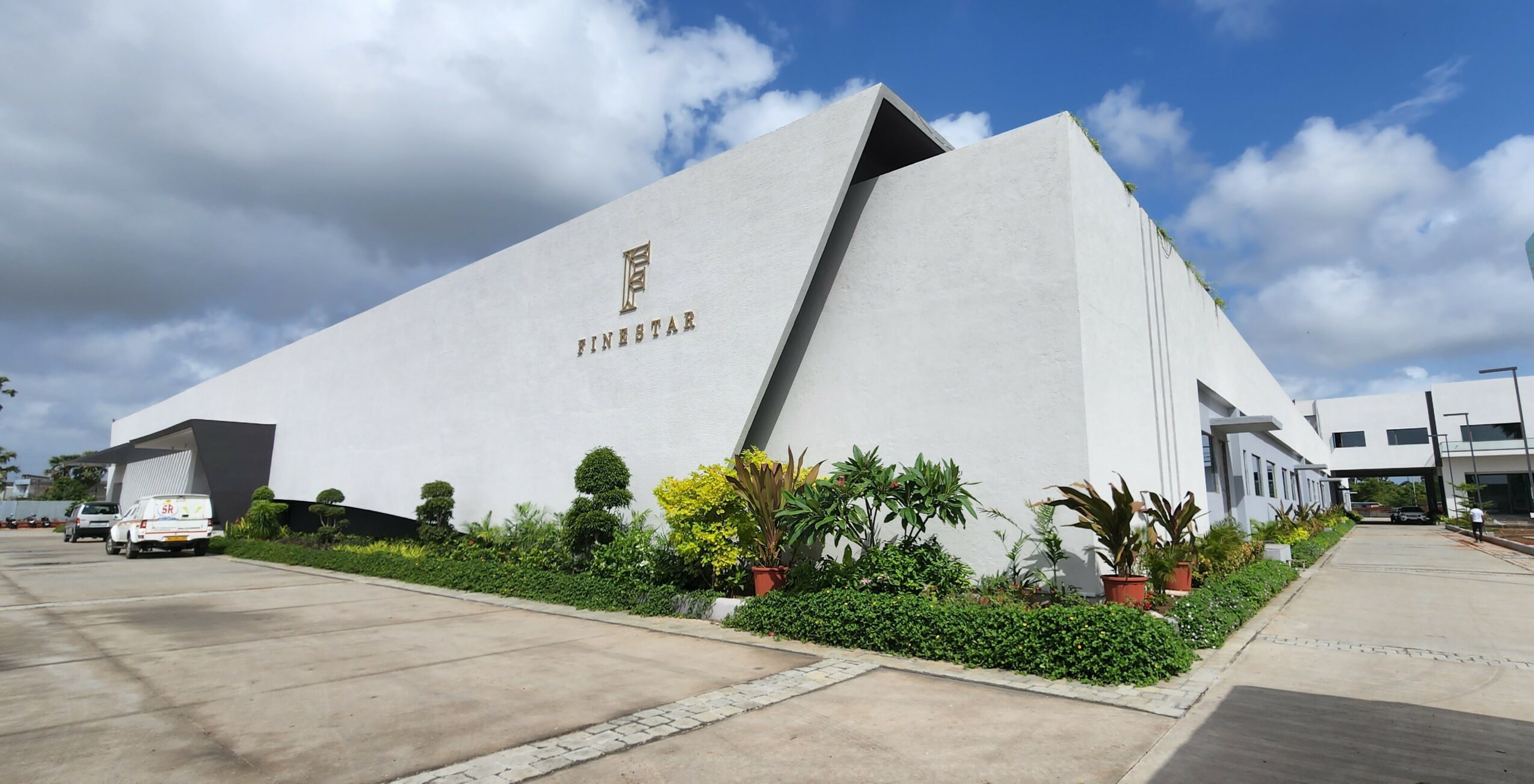
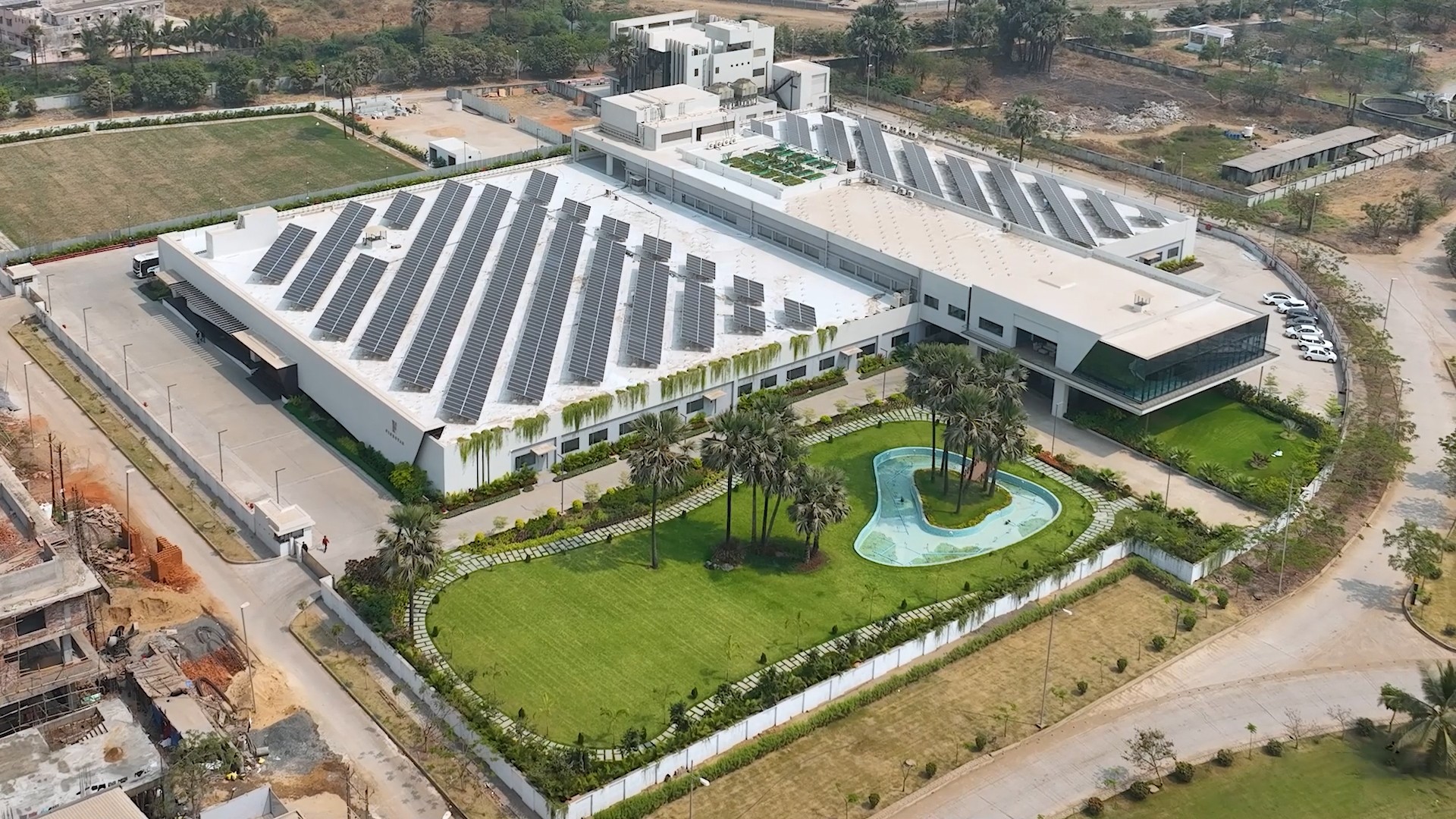
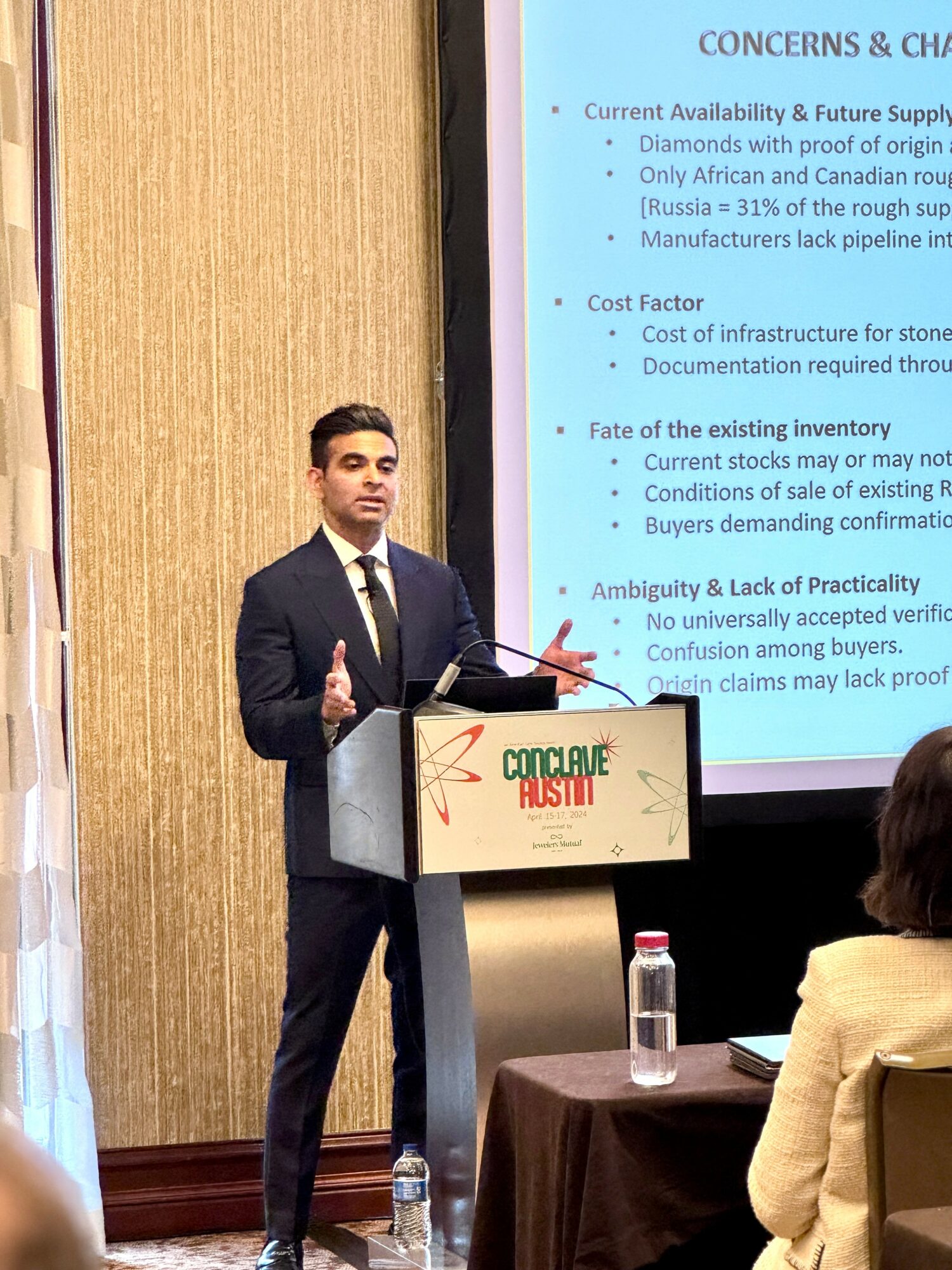
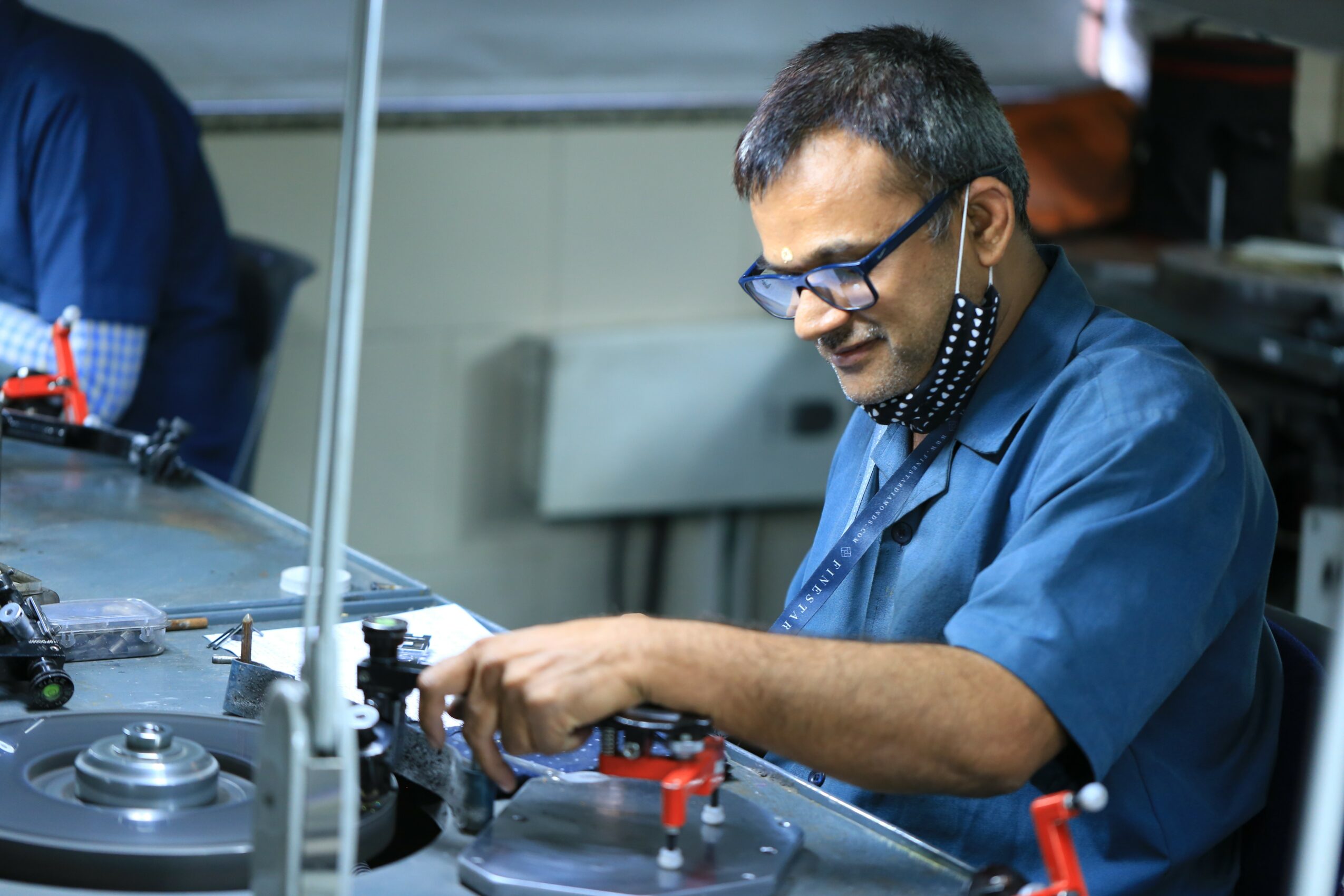
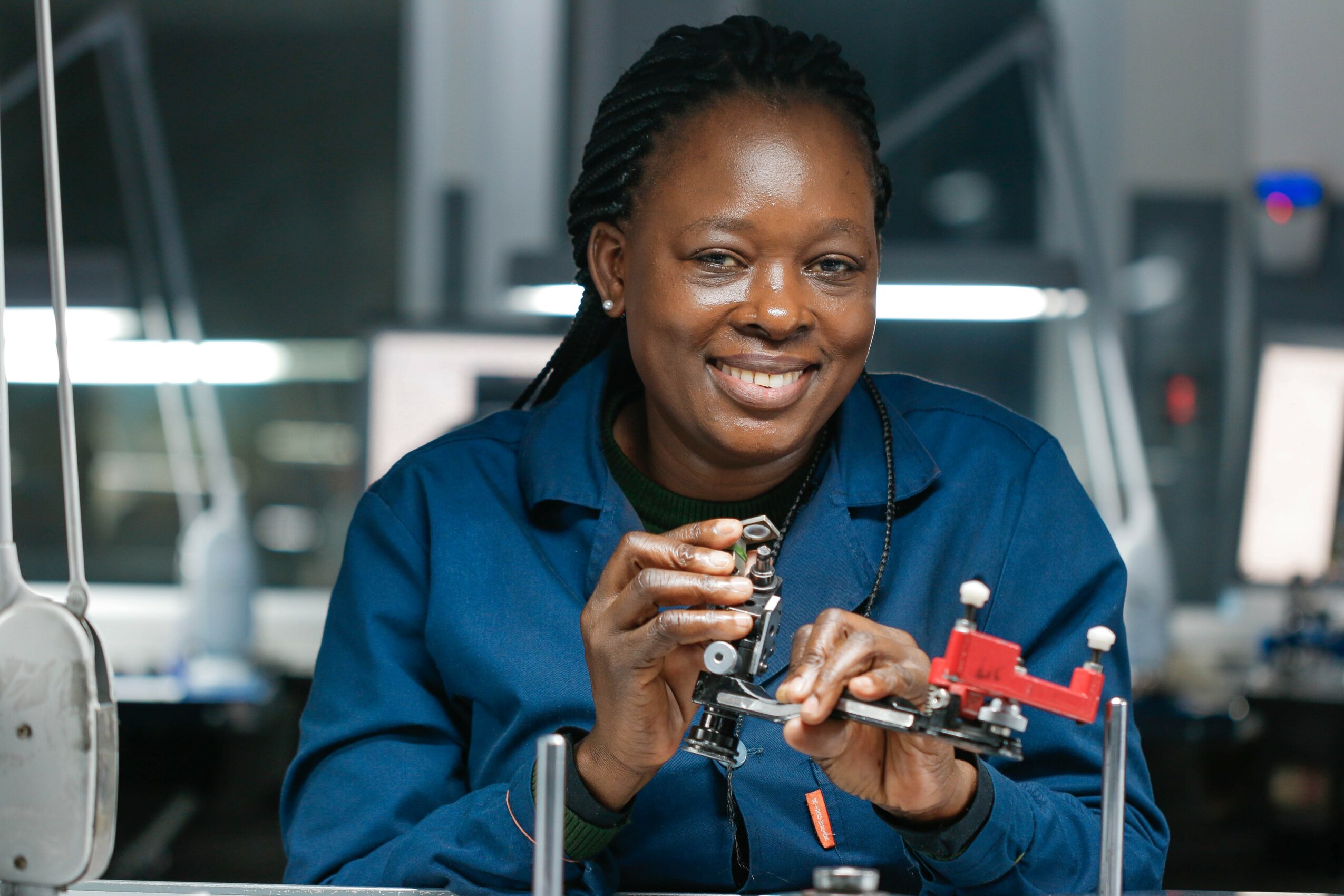
Image Credits
Nilesh Chhabria – COO













